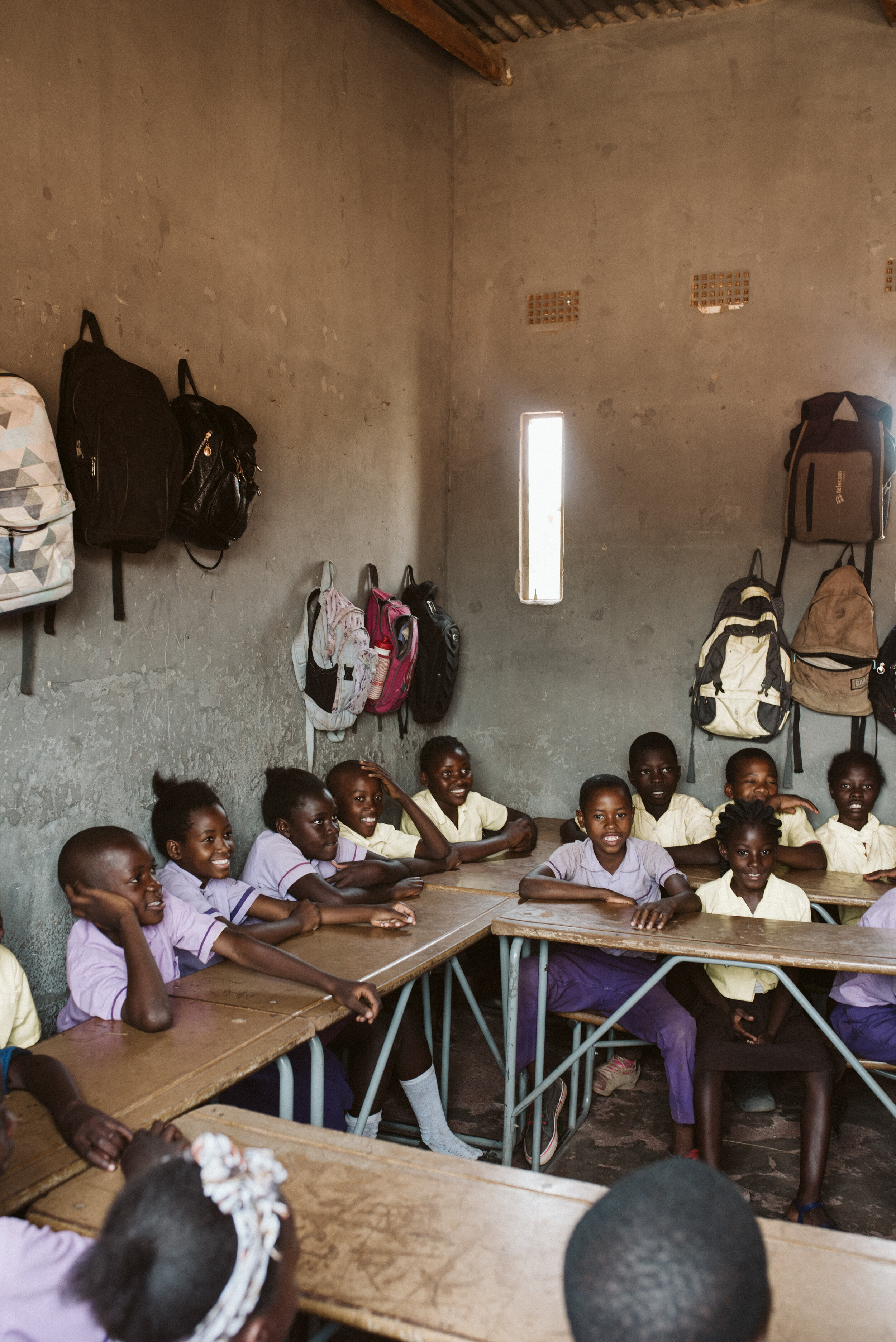Eight million children live in institutions worldwide. 80% of them have living biological family members.
The reason? When mothers and caregivers face extreme poverty, illness, or social exclusion, they may feel compelled to give up their children as a life-saving act. But studies show that institutionalized children do not develop the secure attachments needed to form a healthy sense of self and trusting relationships. Instead, institutionalized children face lifelong higher risks of exposure to illness, abuse, and poverty compared with children raised in secure families.
That is why our programs protect children in crisis, and restore them to family as soon as possible.

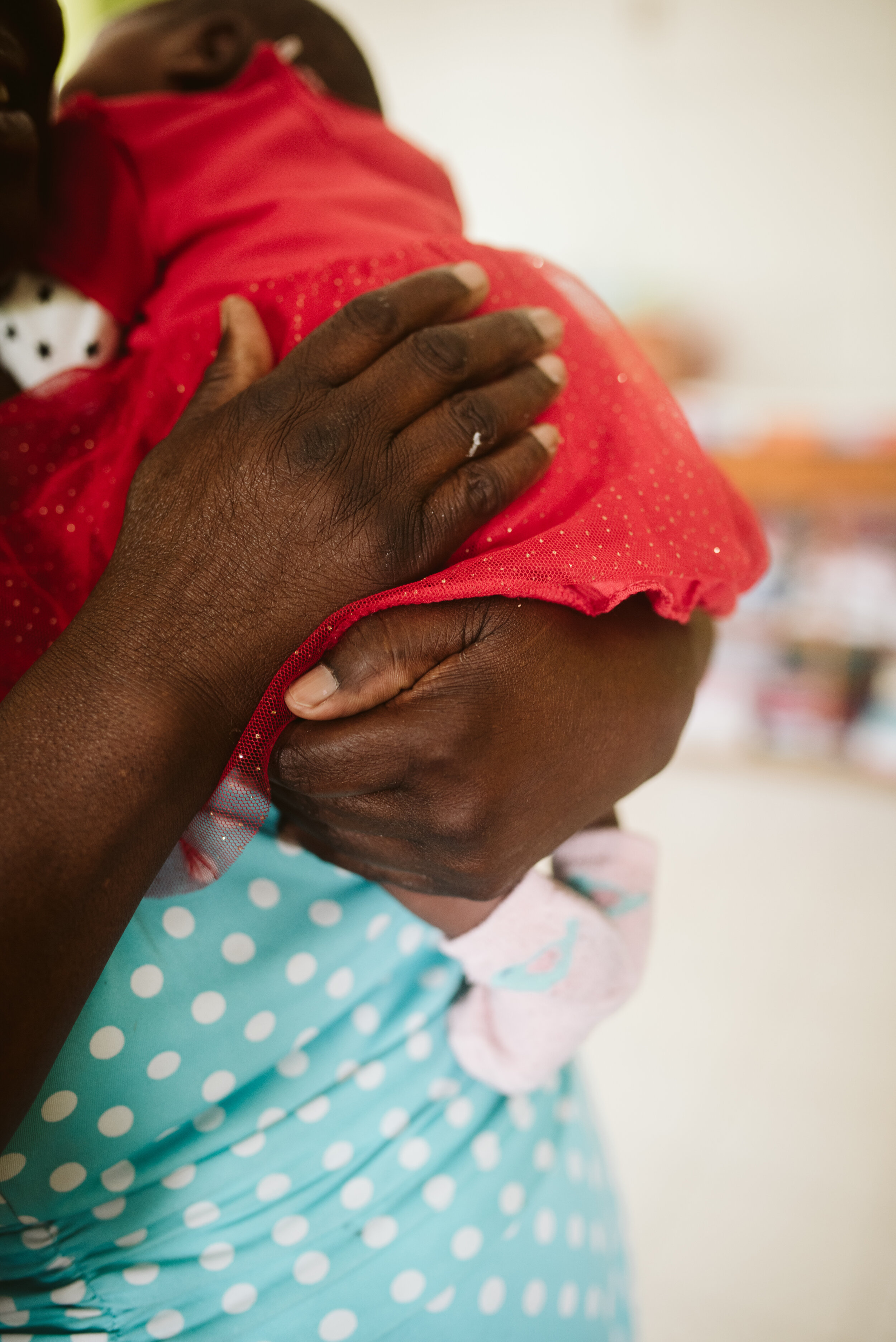
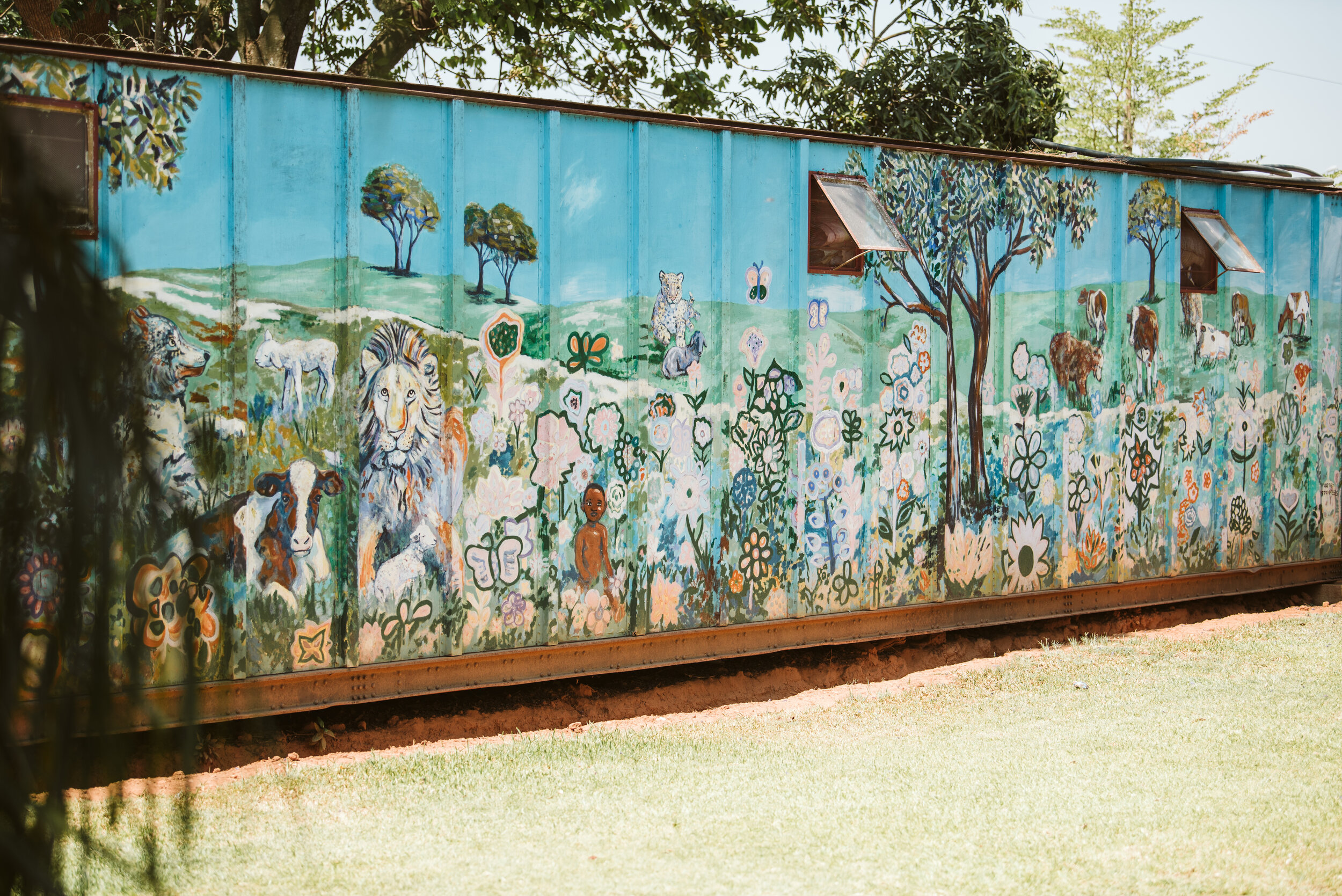
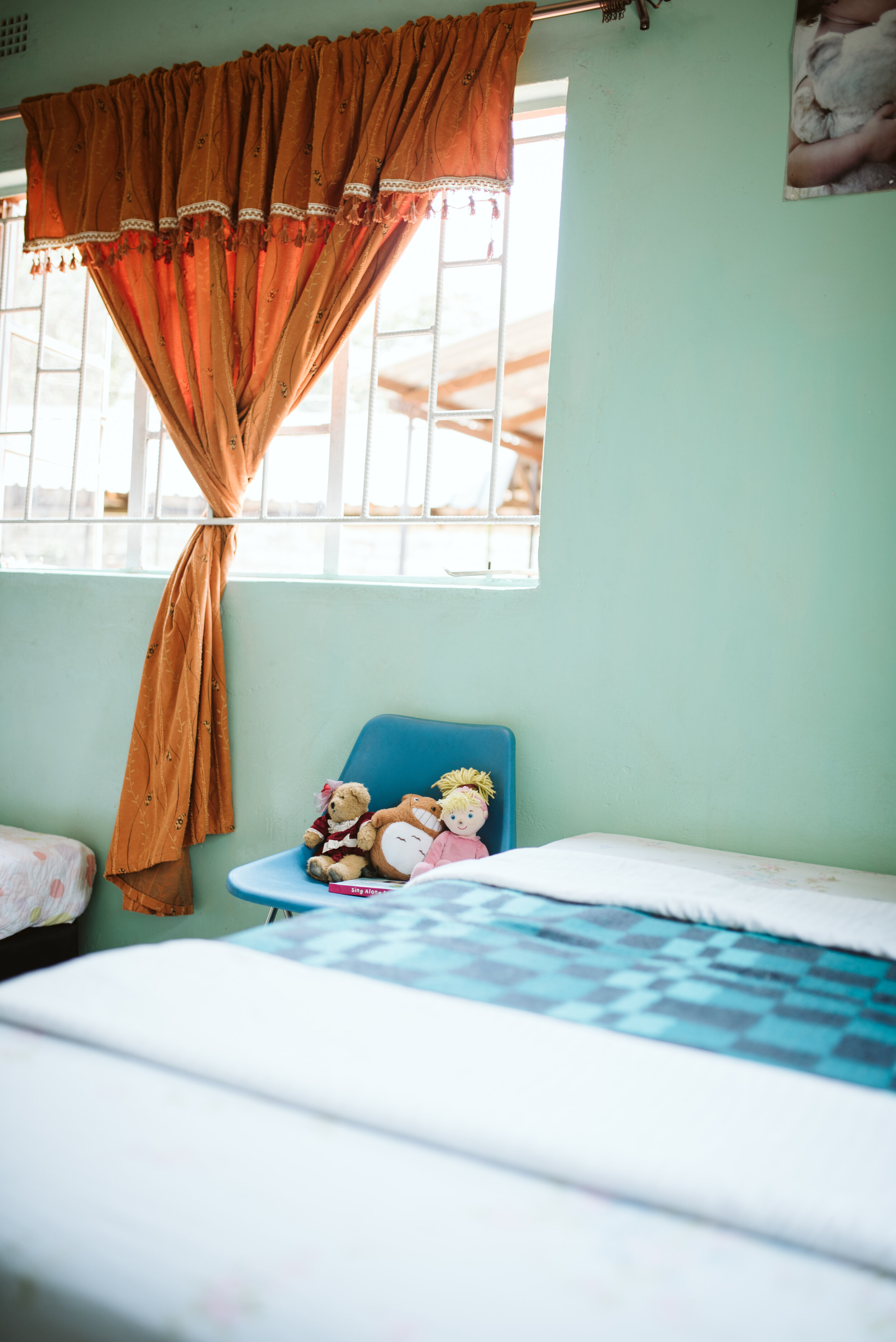
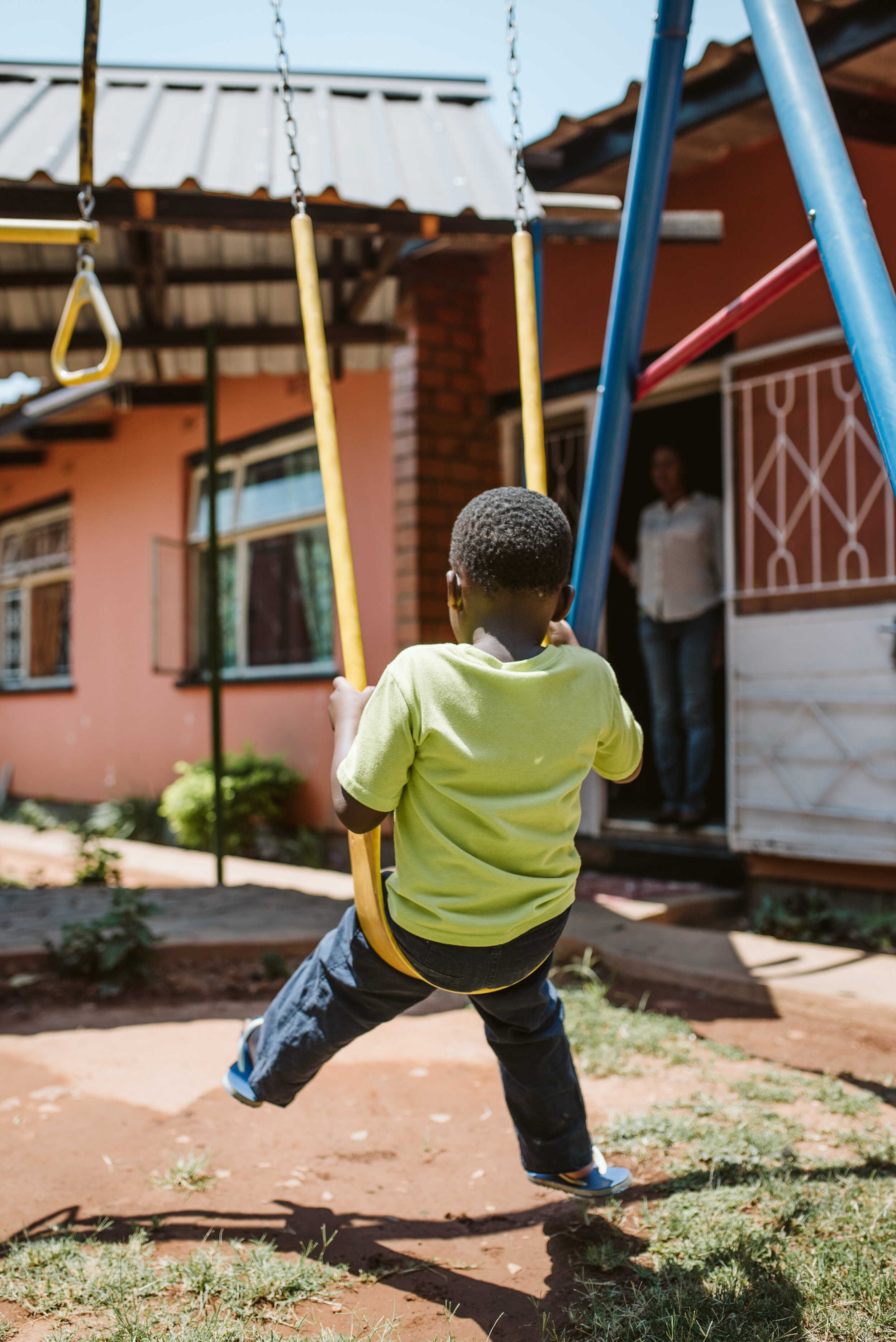
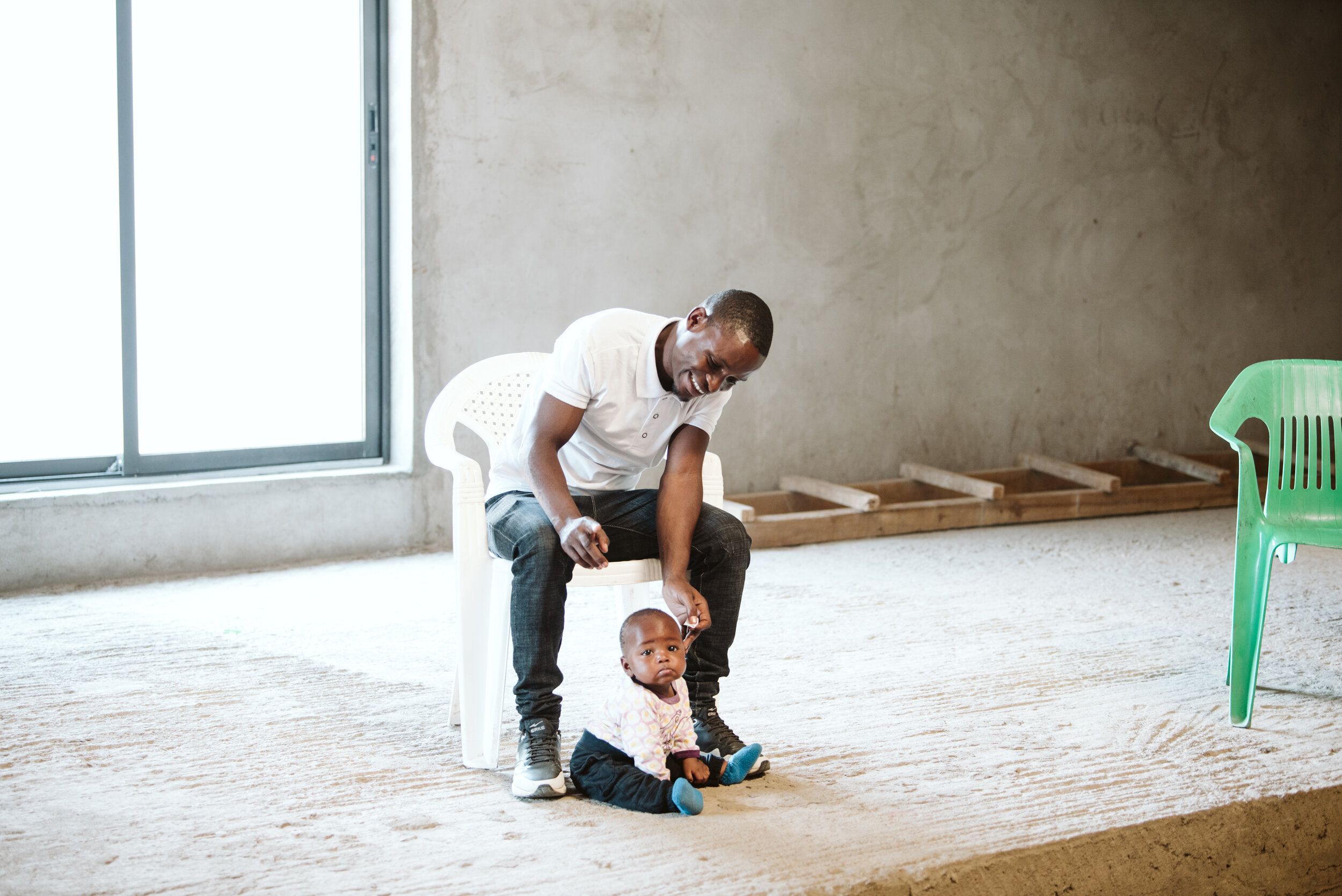
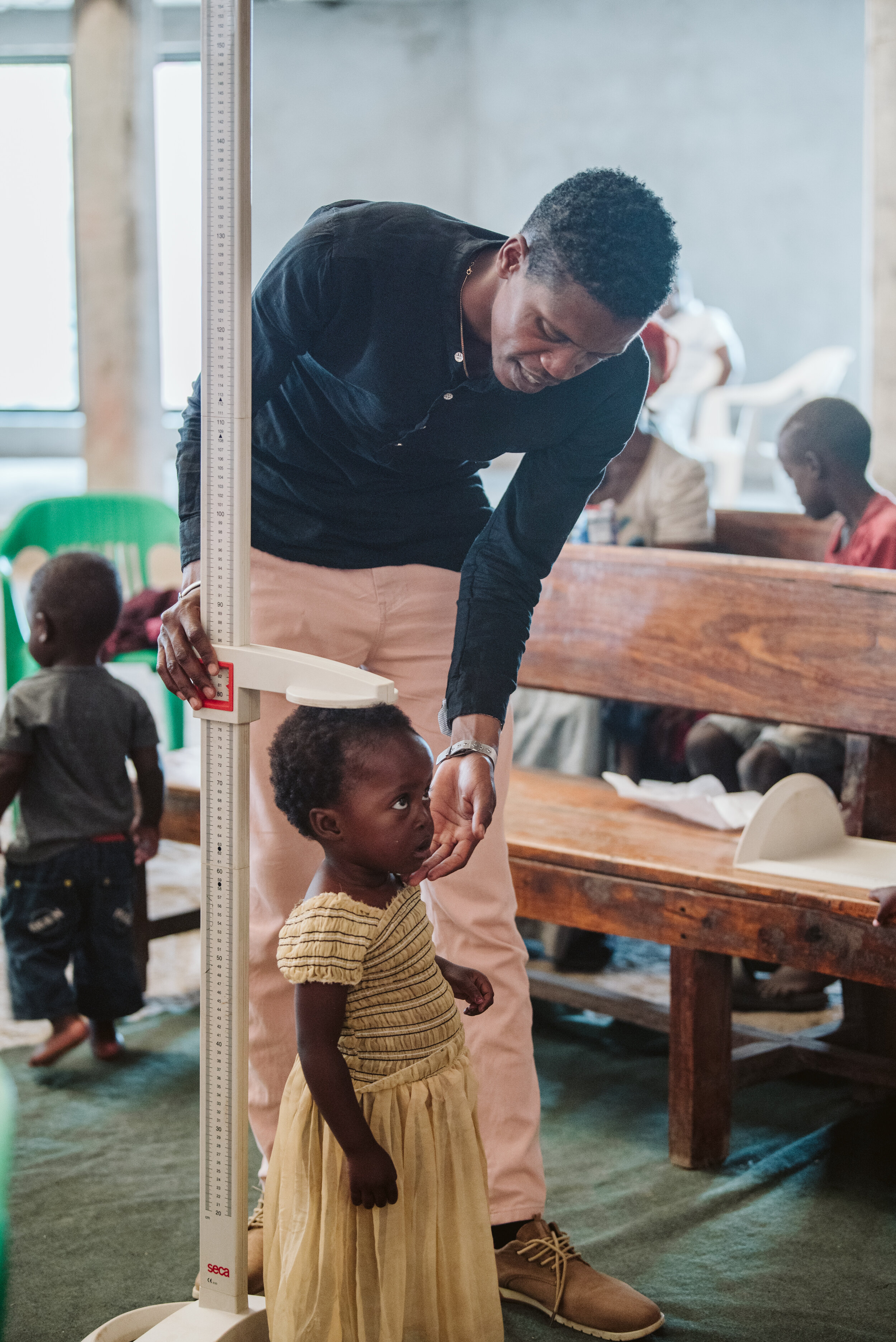


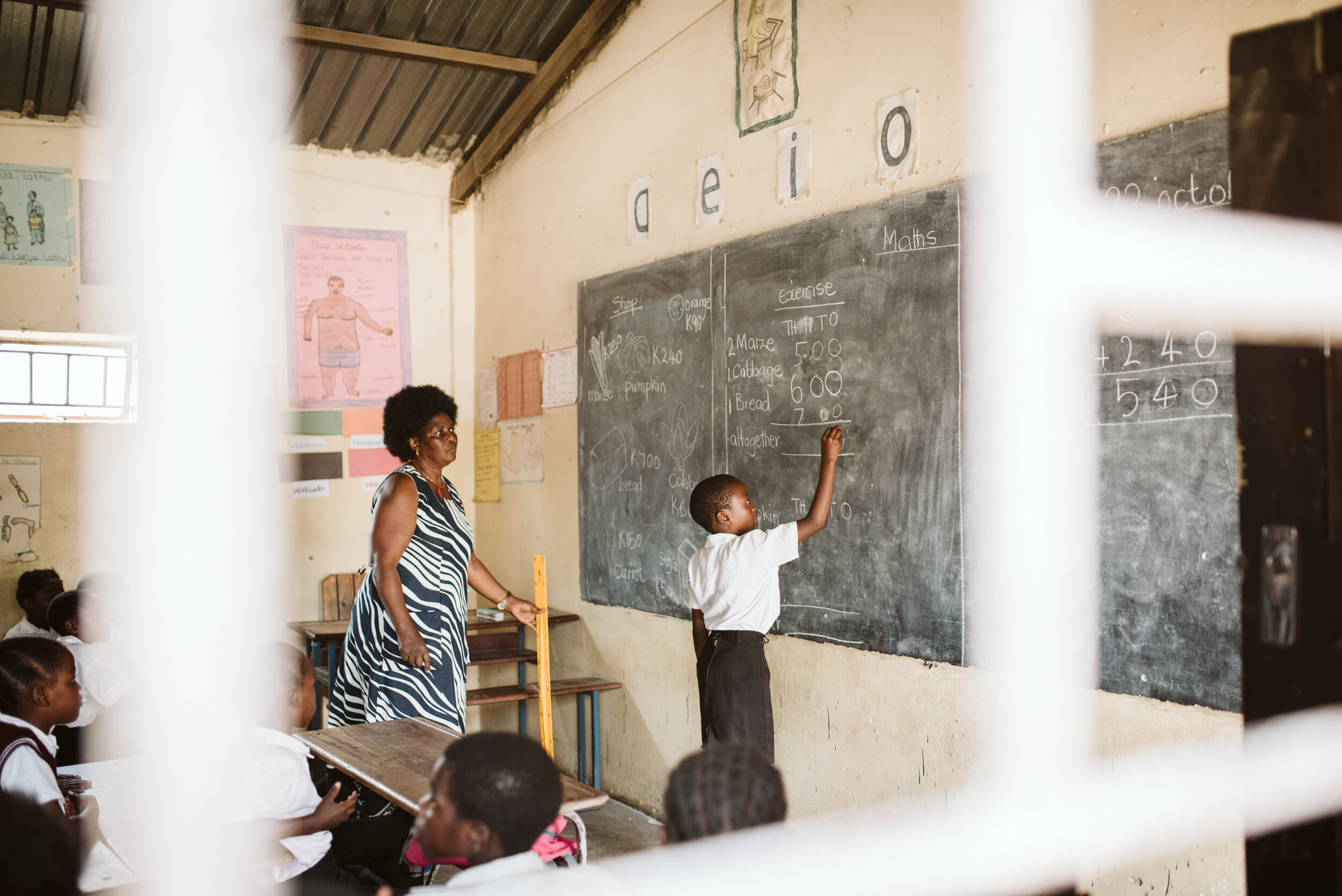

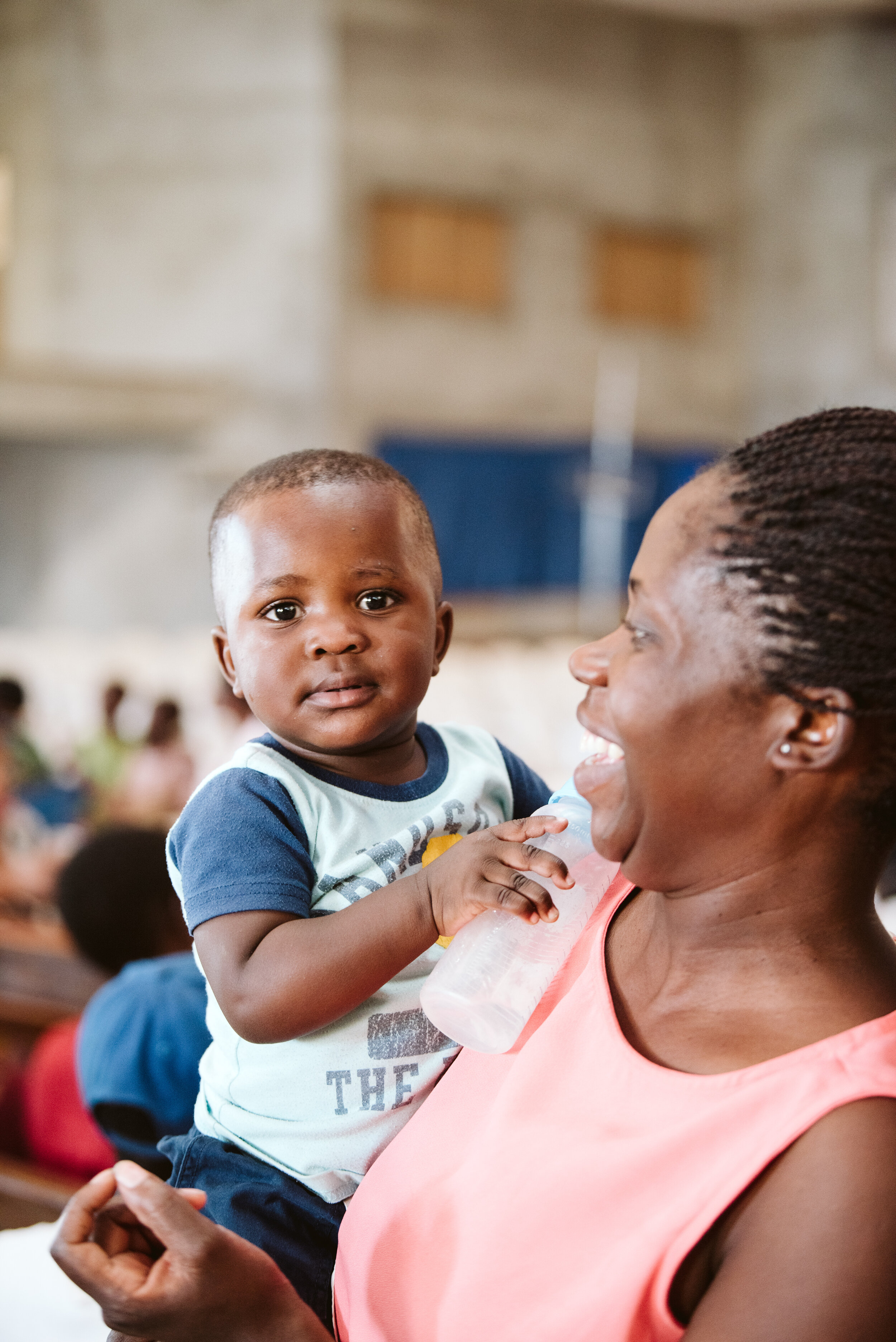
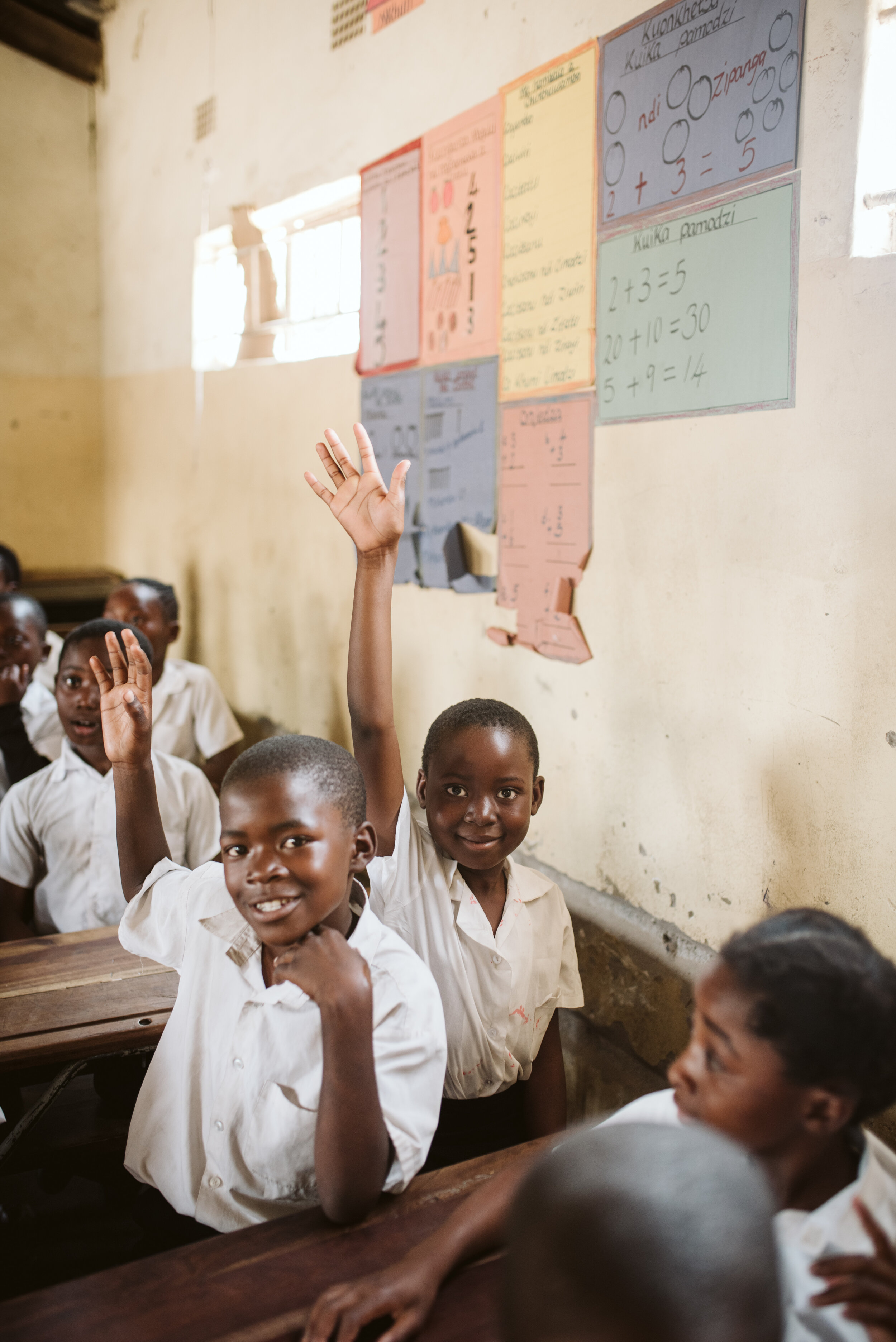
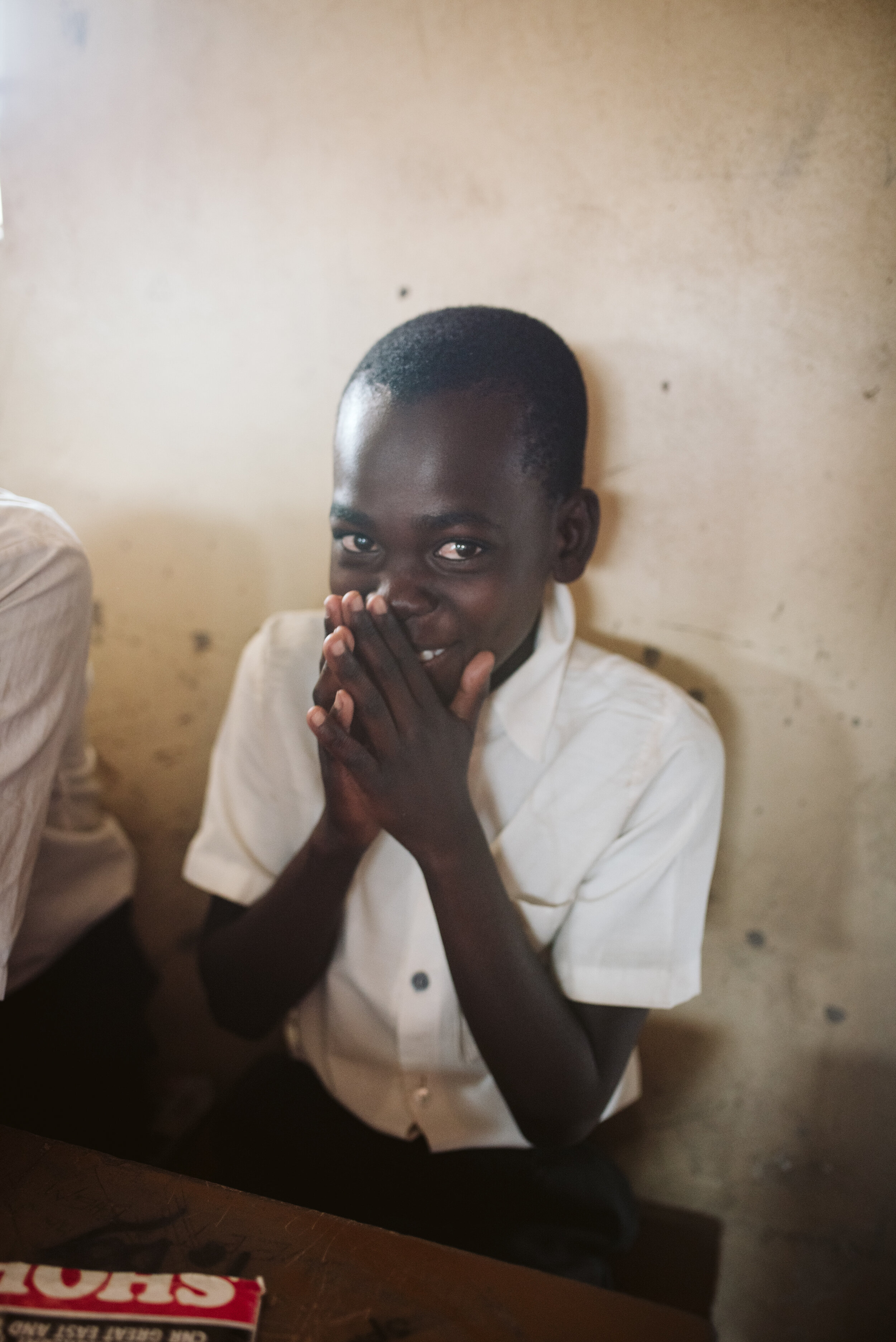
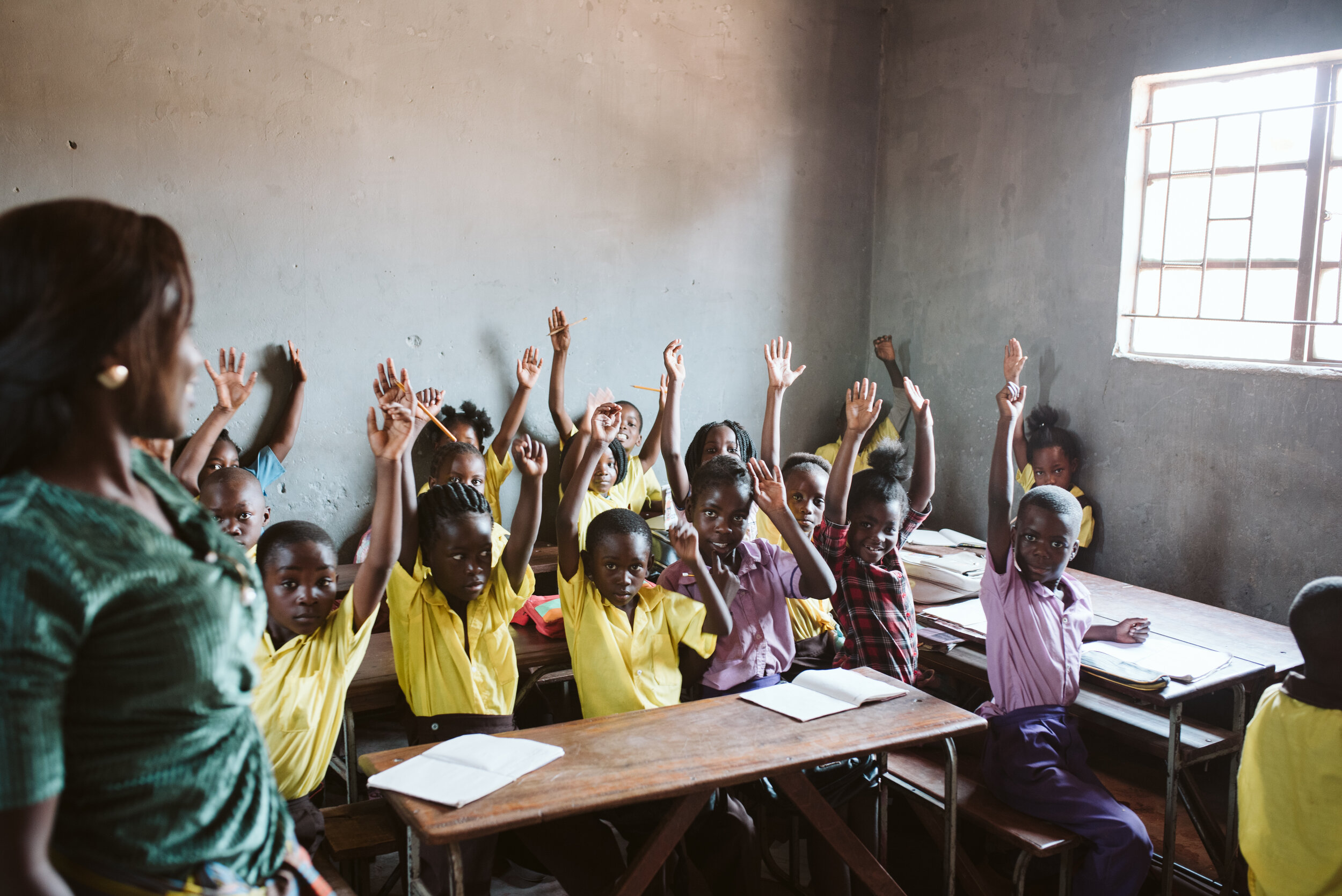
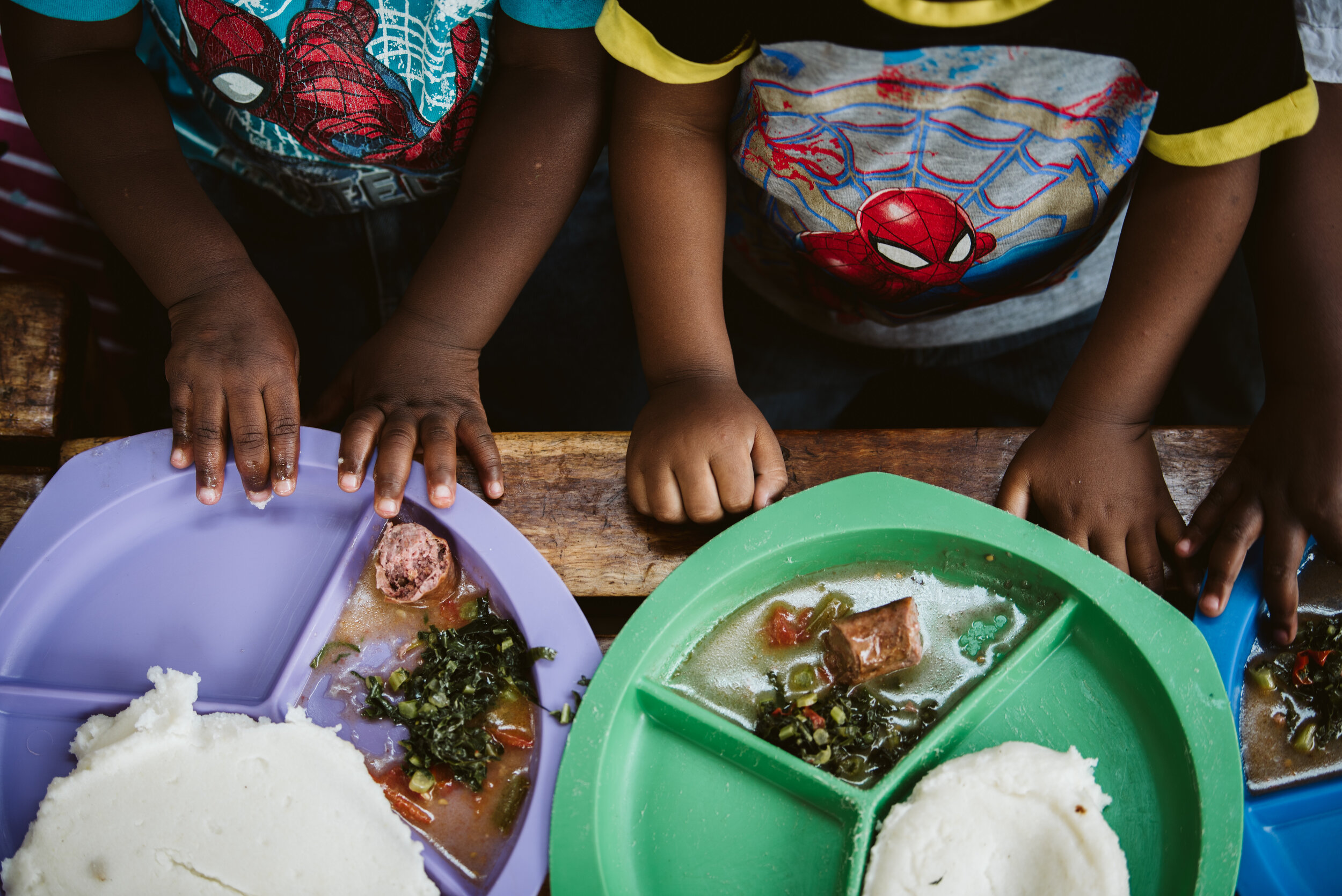
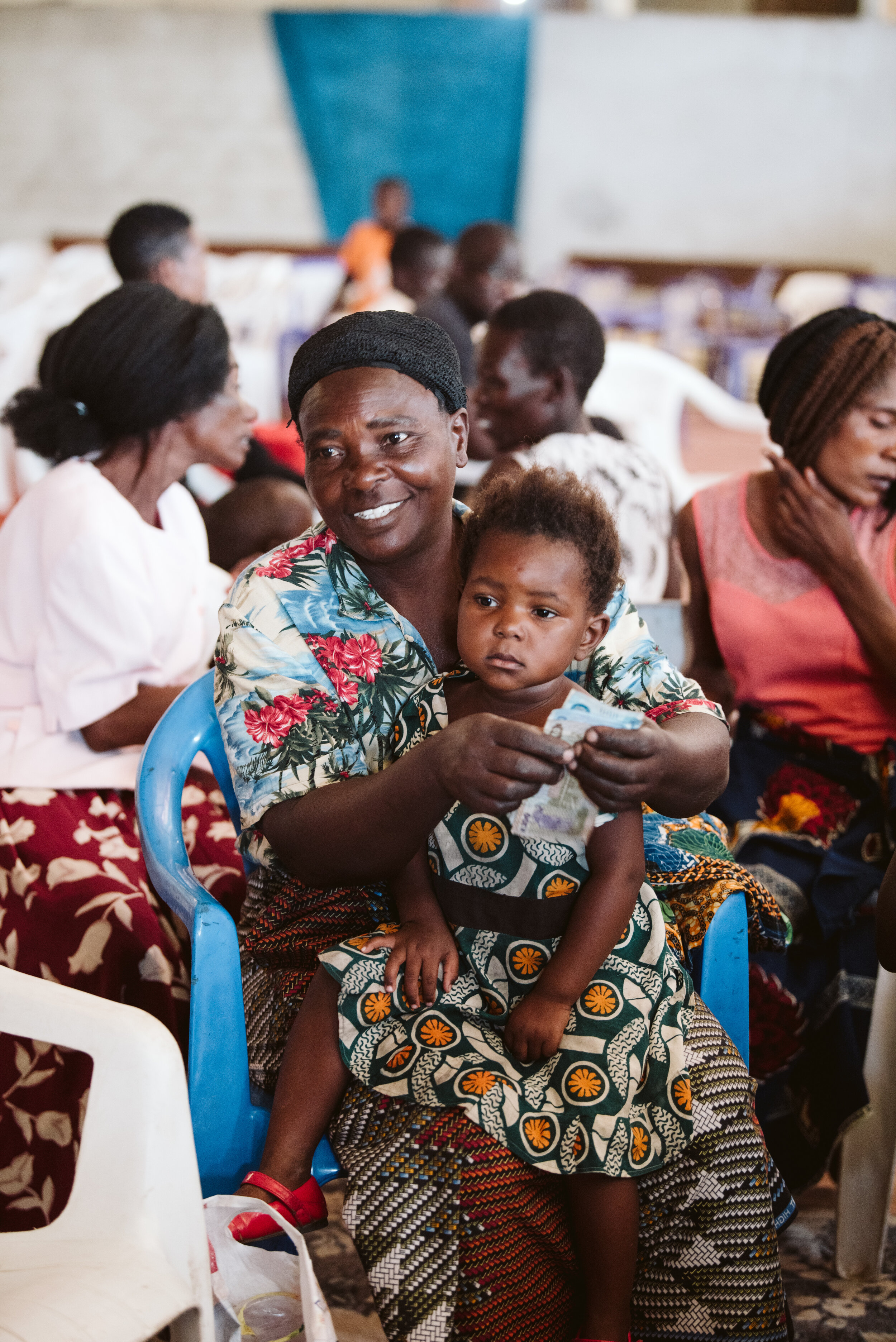
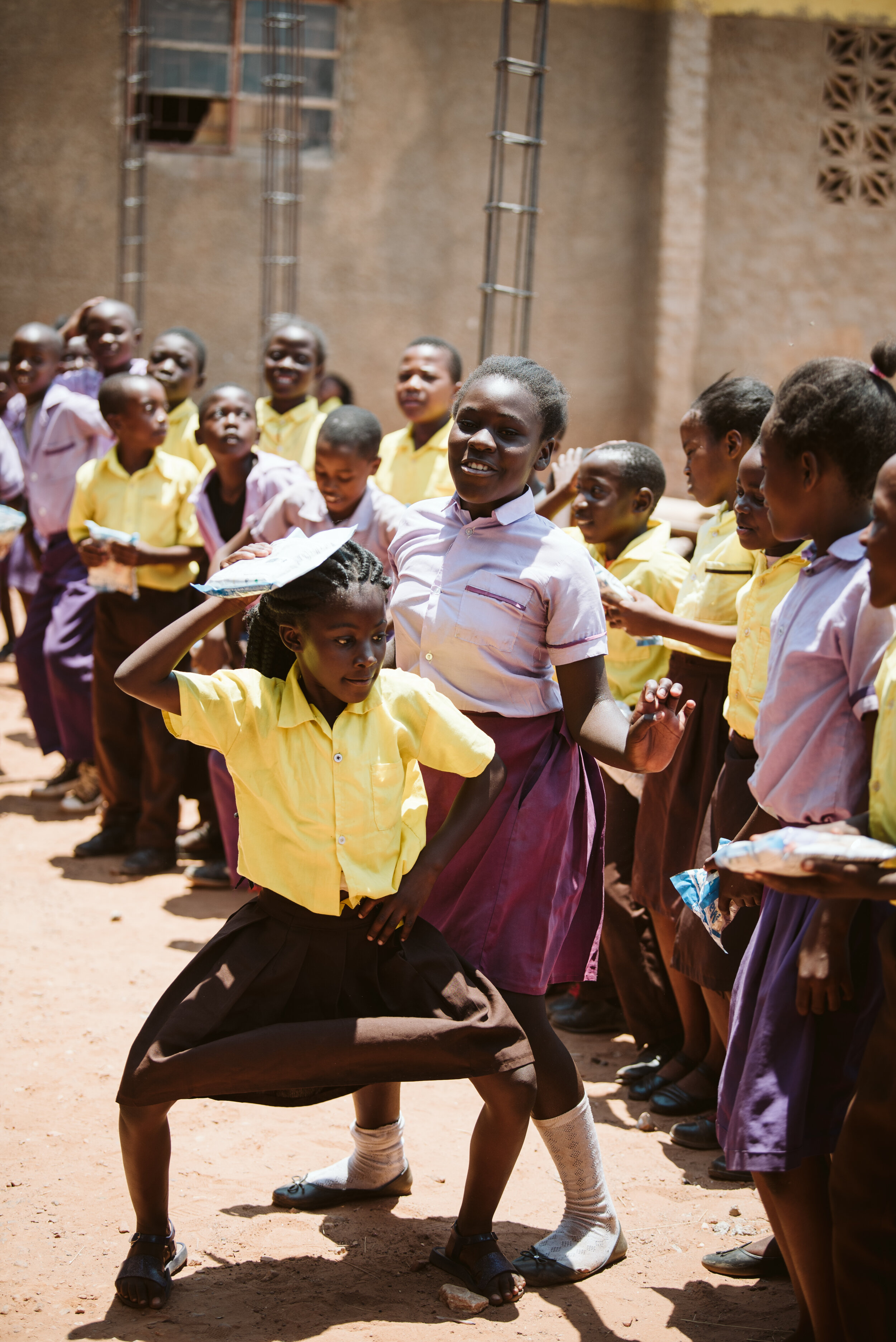
CHILD WELFARE
Since 1998, the House of Moses and Bill and Bette Bryant Crisis Nursery have sheltered over 1,000 babies and children between rescue and family placement.
Our temporary crisis homes are literally the difference between life and death for orphaned and abandoned babies and children. Our response begins the moment a child arrives at our door, with a warm bed, nourishing food, and soft clothing. Babies and children in our care experience safety, consistency, and loving attention.
While ACE’s response is unique to each circumstance, our goal is the same for every child: whether through temporary shelter, reintegration or alternative placement, we make sure they are protected and destined for family.
CHILD WELFARE SERVICES
Protection
In our crisis nurseries, caregivers provide orphaned and abandoned children with emotional and physical protection. Our social workers seek a permanent, secure, and loving family for every child.
Crisis care
All of our staff understand, recognize, and respond to the effects of trauma upon orphaned and abandoned children in crisis care with follow-on case management.
Reintegration
Whenever possible, we seek to reintegrate children with biological family. We create a customized plan to ensure a safe and healthy reintegration process with systemic support to prevent future disruption.
Placement
We recruit, assess, train, and prepare foster and adoptive families for children without available biological family. We offer continued support through post-placement visits and family networking opportunities.
FAMILY PRESERVATION AND EMPOWERMENT
We have protected the lives and family bonds of over 3,700 children under age five.
When a mother comes to our crisis nurseries ready to give up her child, it’s not because she lacks the desire to be a mother or doesn’t love her child. She lacks access to food, employment, medical care or housing. She would rather her child survive in an institution than die in her arms.
There is a better response. By strengthening families, we can preserve a mother’s bond with her child and protect them both from the trauma of disruption. Our response guides families from crisis to sustainability through emergency food relief and economic empowerment, in a proven model called the Graduation Approach.
FAMLY PRESERVATION AND EMPOWERMENT SERVICES
Food relief
Families receive a monthly supply of funds or emergency food relief including infant formula, maize meal, cooking oil, ground nuts, and nutritional supplements. With food security, mothers and caregivers can focus on the next steps.
Skills training
We partner with international NGOs and local business owners to teach marketable skills like tailoring, rug-making, and goat farming. Participants choose their focus based on interest and market research.
Savings groups
We help families to develop financial resilience with their neighbors. We lead community savings groups that introduce healthy financial habits and a structure for families to grow their earnings together.
Seed capital
We provide seed capital to cover the initial expenses of launching a micro-enterprise. Participants receiving coaching from our staff as they establish their businesses and prepare for life after graduation.
EDUCATION
Since 2001, our community schools have provided daily lunch and education to over 10,000 children who would otherwise miss out.
The cost of exam fees, uniforms, and textbooks are out of reach for families struggling to put food on the table—and without a primary education, children remain trapped in a cycle of poverty.
In our seven FaithWorks primary schools, church buildings become classrooms during the week for children in grades 1 through 7. For grades 7 through 12, the Helen DeVos Christian School offers a secondary education that prepares students for university or careers in various trades.
EDUCATION SERVICES
Quality education
On average, our primary school students achieve 20% higher national test scores than students in public schools. Secondary graduates boast a 100% pass rate, double the national average, and are prepared to be competitive in their fields of career or study.
Gender equality
Zambian girls are less likely to complete their education due to expectations for many girls regarding domestic responsibilities, early marriage, or pregnancy. We champion gender equality and maintain a 50/50 enrollment ratio of boys and girls.
Role models
Students in our schools see their teachers as educators and trustworthy adult figures. Many are single and double orphans who look to their teachers to guide them through their life challenges and help them reach their goals.
Daily lunch
We serve our students a hot lunch, which is often their only meal of the day. Receiving a reliable meal improves attendance, focus, and performance in our students’ studies and exams.
ACE TRANSITION PARTNERS
ACE Transition Partners is the consulting arm of Alliance for Children Everywhere.
We launched ‘ACE TP’ in 2020 to guide institutions toward family-based care for thousands of children in Southern Africa and beyond.
Our consulting team provides services to organizations during their transition to family-based care, with custom plans tailored to the specific institutional, social, and political contexts in which our partners operate.
In each partnership, the wellbeing of children defines our our success. We envision every child, everywhere has a safe and strong family within a sustainable community.
ACE TRANSITION PARTNERS SERVICES
Consultation
Our team provides insight from lessons learned in over twenty years of direct programming through our proof of concept in Lusaka, Zambia; as well as globally-recognized best practices in child welfare.
Technical support
We guide organizations through the transition process from institutional to family-based care that may include preservation, empowerment, reintegration, fostering, and adoption programs.
Capacity building
We help organizations develop a trajectory of growth in order to live out their mission and purpose as successfully as possible through monitoring and evaluation, strategic planning, and organizational change.
